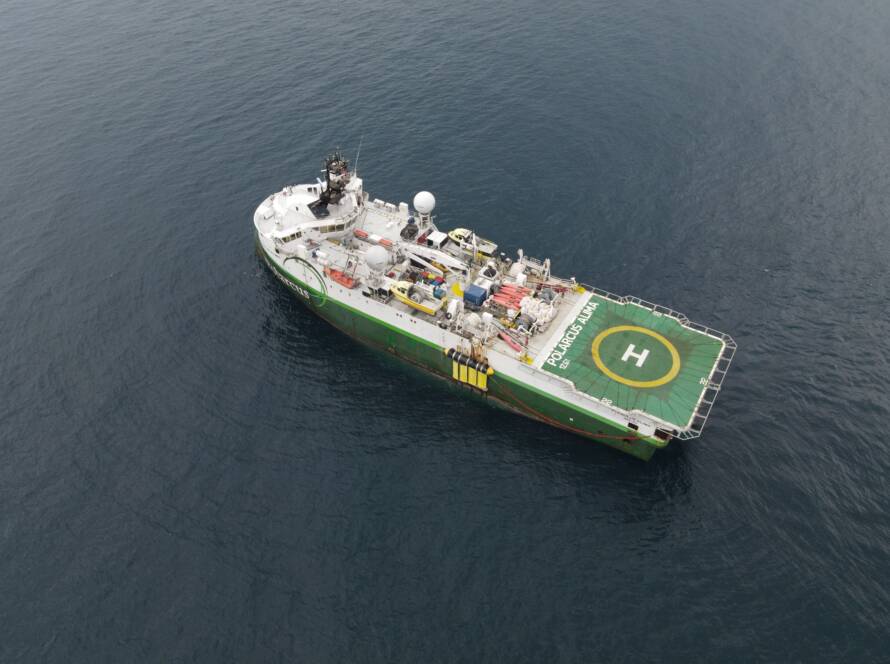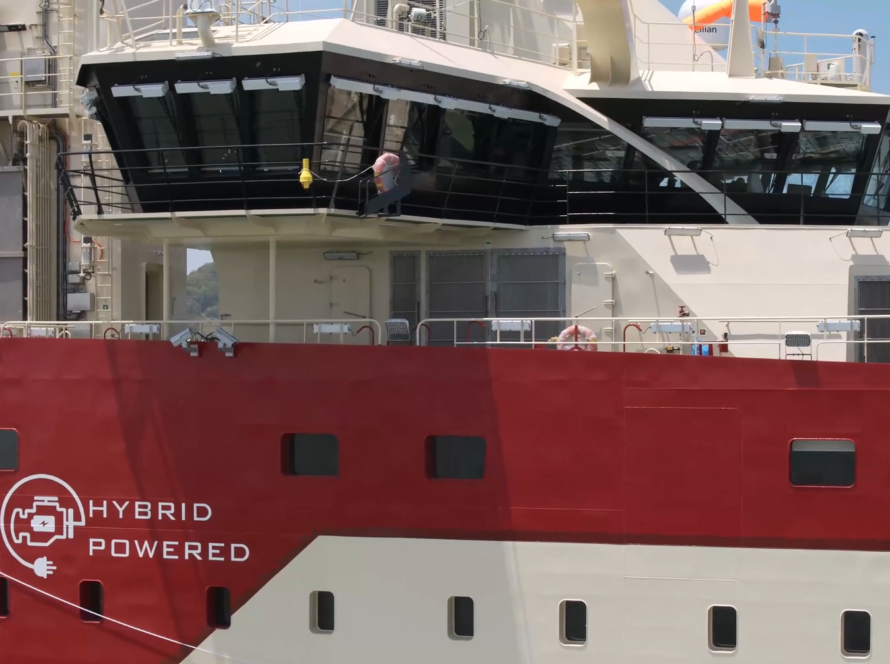The maritime industry has always been a vital part of global trade and transportation. Newbuilt vessels play a crucial role in this industry, providing modern and efficient means of transporting goods across the world’s oceans. However, bringing a new vessel into operation involves a complex web of formalities and regulations that must be diligently followed to ensure safety, compliance, and seamless operations. In this article, we will delve into the essential formalities for a newly built vessel.
- Ship Registration
Before a new-built vessel can set sail, it must be properly registered with the flag state, the country whose flag it will fly. Registering a vessel involves submitting a comprehensive set of documents, including ownership records, technical specifications, and safety certificates. The vessel’s owner must choose a flag state carefully, as it determines the vessel’s regulatory framework and taxation.
- Classification Society Approval
Newbuilt vessels must undergo rigorous inspections and surveys by classification societies such as the American Bureau of Shipping (ABS) or Lloyd’s Register to ensure they meet international safety and technical standards. These societies provide classification certificates that prove the vessel’s structural integrity, safety features, and compliance with regulations.

- Safety Certificates
Safety is paramount in the maritime industry. Newbuilt vessels are required to obtain various safety certificates, including the International Ship Security Certificate (ISSC), International Load Line Certificate, and Safety Management Certificate (SMC). These certificates confirm the vessel’s adherence to international safety codes and protocols.
- Flag State Inspection
Flag states often require new-built vessels to undergo inspections to ensure compliance with their maritime laws. This may include inspections of the vessel’s equipment, safety systems, and documentation. Vessels that pass these inspections receive the necessary clearances to operate under their flag.

- Crew Certification
Before a newly built vessel can operate, its crew must undergo thorough training and obtain the necessary certifications. These certifications include seafarer qualifications, firefighting training, medical certificates, and more. A well-trained crew is essential for safe and efficient vessel operations.
- Environmental Compliance
In an era of increasing environmental awareness, new-built vessels must adhere to stringent environmental regulations. Compliance with the International Maritime Organization’s (IMO) standards for emissions, ballast water management, and waste disposal is crucial. Vessels may also need to be equipped with technologies like exhaust gas cleaning systems (scrubbers) to reduce air pollution.
- Customs and Port Clearances
Newbuilt vessels may need to go through customs and port clearances when entering or leaving a country’s territorial waters. Proper documentation and adherence to customs regulations are essential to avoid delays and penalties.
- Insurance and Liability Coverage
Before commencing operations, it’s crucial to secure appropriate insurance coverage for the vessel and its cargo. This includes liability insurance to protect against potential accidents, environmental damage, or third-party claims. Insurance providers will require a thorough assessment of the vessel’s safety features and adherence to regulations.
The formalities for a newly built vessel are essential to ensure the safety, compliance, and efficient operation of these maritime giants. From registration and classification to safety certificates and environmental compliance, there are many steps involved in preparing a vessel for its maiden voyage. Adhering to these formalities is not just a legal requirement but also a responsible and ethical commitment to the safety of the crew, the protection of the environment, and the reliability of global trade and transportation. Navigating these waters may be complex, but it is a necessary journey for those who wish to be a part of the maritime industry’s enduring legacy.


